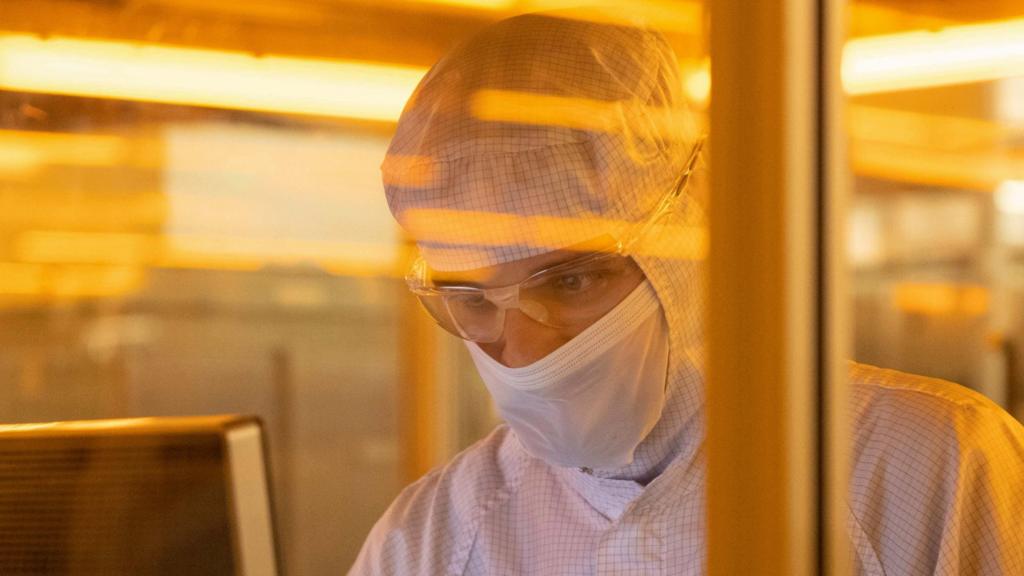Ahead of Wednesday’s Spending Review, the government announced a substantial £86bn investment in the science and technology sector by the end of this Parliament.
This funding package will support research initiatives in areas such as drug development and advanced battery technology. A significant portion, up to £500m, will be allocated to UK regions, with local leaders playing a key role in determining its deployment.
Chancellor Rachel Reeves, whose review details departmental budgets and investment plans for the coming years, emphasized the job creation and security benefits of this investment.
However, research advocates have cautioned that further action is needed to solidify the UK’s global scientific standing.
Reeves will unveil the full departmental spending plans on Wednesday, with the science and technology allocation projected to exceed £22.5 billion annually by 2029.
The Department for Science, Innovation and Technology highlighted that the benefits will be felt nationwide, with communities empowered to tailor funding to their specific areas of expertise.
Examples include accelerating drug discovery in Liverpool, bolstering defense equipment development in Northern Ireland, and supporting microchip design for mobile phones and electric vehicles in South Wales.
The chancellor stated: “Britain is a leader in science and technology. This investment plan will foster renewal, create jobs, enhance our security, and improve the lives of working families.”
While welcoming the funding, Tony McBride, director of policy and public affairs at the Institute of Physics, stressed the need for a decade-long workforce development strategy, starting with teacher training and encompassing all educational levels.
John-Arne Rottingen, chief executive of Wellcome, highlighted potential obstacles, including visa costs for international scientists, financial pressures on universities, and the impact of inflation on the budget’s effectiveness.
He argued that the UK should strive for G7 leadership in research intensity to stimulate economic growth and drive advancements in health, science, and technology.
The shadow technology secretary, Alan Mak, criticized the investment as a reiteration of Conservative manifesto plans.
He added that only the Conservatives possess a robust plan for economic growth and national renewal.
Earlier this week, Reeves acknowledged that not all departments would receive their full funding requests, citing economic constraints and “non-negotiable” fiscal rules on borrowing.
Reeves attributed the funding squeeze to the previous government’s economic policies. The Treasury previously stated that these rules ensure alignment between day-to-day spending and tax revenues, with borrowing reserved for investment purposes.
Significant allocations are expected for priority departments, including a potential £30 billion increase for the NHS over three years.
Sources within Whitehall have indicated that the spending review will be challenging, with intense competition among ministers for limited funds.
The BBC understands proposals include a two-hour cap on apps and a 22:00 curfew.
Wales stood to benefit from millions in funding prior to project being reclassified, MP claims.
The NHS app will be the main way people receive screening invitations and appointment reminders.
The total spend may be substantial, but concerns remain about potential difficulties for some.
Sir Stephen Timms confirms the funding for each free school meal will rise by three pence.

